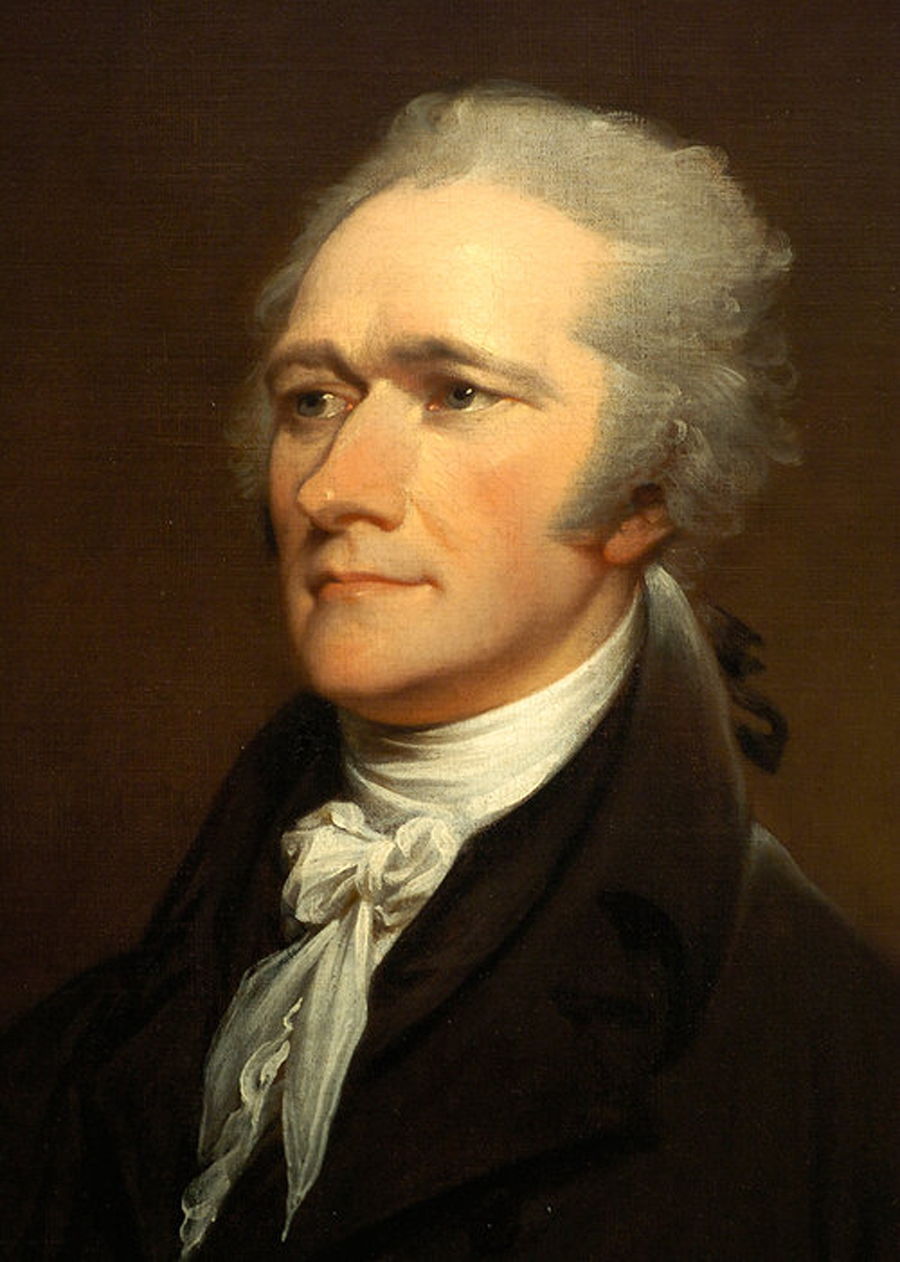The Federalist Papers, a collection of essays written by Alexander Hamilton, James Madison, and John Jay, played a pivotal role in shaping the political landscape of the early United States. These essays were penned under the pseudonym "Publius" and were aimed at persuading the American people to ratify the newly proposed United States Constitution. In Federalist Paper #1, Alexander Hamilton, the primary author, set the stage for the series by providing an introduction that highlighted the necessity of a strong federal union. This essay not only serves as an introduction but also lays out the core arguments that would be developed in the subsequent 84 papers.
The Excerpts
Here are some relevant excerpts from Federalist Paper #1:
Union's Importance for Defense: Hamilton emphasized the necessity of a strong federal union for the country's defense: "Among the most formidable of the obstacles which the new Constitution will have to encounter may readily be distinguished the obvious interest of a certain class of men in every State to resist all changes which may hazard a diminution of the power, emolument, and consequence of the offices they hold under the State establishments."
Hamilton acknowledges the vested interests that some individuals and groups have in maintaining the status quo under state governments. However, he argues that these parochial concerns should not deter the pursuit of a stronger union that can provide for the common defense.
The Potential for Anarchy and Confusion: Hamilton expressed his concerns about the potential for anarchy and confusion in a system where state governments had too much autonomy: "I mean not by any thing which I have here written to recommend, to make or maintain the Union, but the utmost vigilance can preserve it no longer than it is cherished by every member of it."
Hamilton underscored the fragility of the union, cautioning that it could only thrive if all its members actively supported and preserved it. The disunity and disarray that might result from excessive state sovereignty were a cause for concern.
Human Nature and the Need for Government: Hamilton explored the intrinsic nature of humans and their inclination to seek self-interest: "Why has government been instituted at all? Because the passions of men will not conform to the dictates of reason and justice without constraint."
In this excerpt, Hamilton delved into the philosophical underpinnings of government. He argued that government was necessary to regulate human behavior and curb the excesses of self-interest, which could disrupt societal harmony.
The Importance of Federalist Paper #1
Federalist Paper #1 serves as a prelude to the entire series, articulating the core arguments for a strong federal government. Its significance can be summarized as follows:
Defining the Need for a Federal Union: Hamilton's paper makes a compelling case for a strong federal union, emphasizing its importance for national defense, stability, and the prevention of anarchy.
Addressing Concerns: By acknowledging and responding to the concerns of those who feared the new Constitution would diminish the power of state governments, Hamilton effectively addresses potential objections.
Philosophical Foundations: The essay lays out the philosophical foundations for the series, explaining the role of government in restraining human passions and ensuring justice.
The Unity of Purpose: Hamilton's call for unity and vigilance in preserving the union sets the tone for the entire Federalist Papers series, reminding readers of the collective responsibility to protect the fledgling nation's future.
In conclusion, Federalist Paper #1, authored by Alexander Hamilton, not only serves as an introduction to the Federalist Papers but also encapsulates the core arguments for a strong federal union. Its enduring significance lies in its role as a foundational document that shaped the trajectory of the United States, influencing the eventual ratification of the Constitution and the establishment of a federal government that has endured for over two centuries.




No comments:
Post a Comment